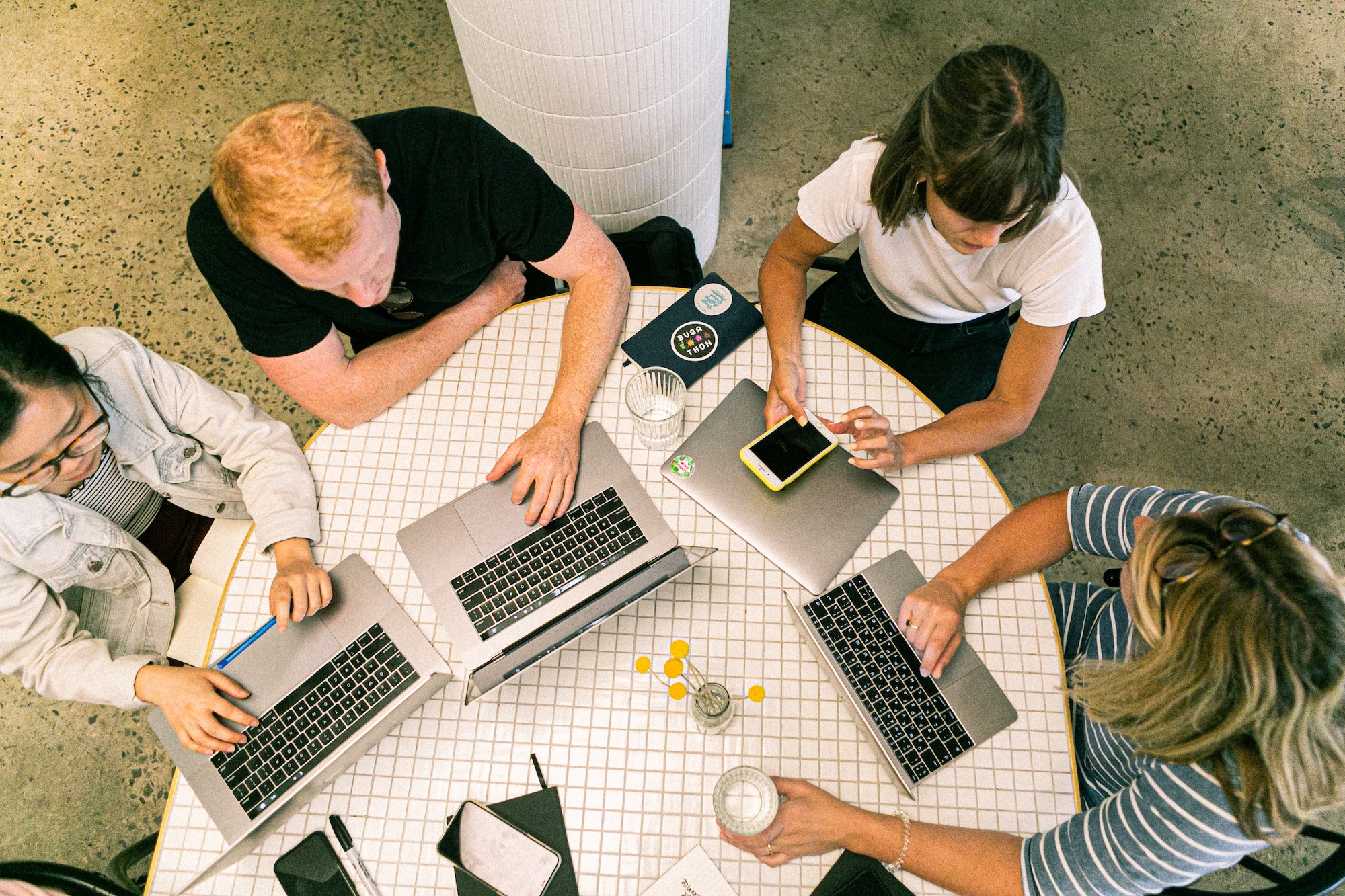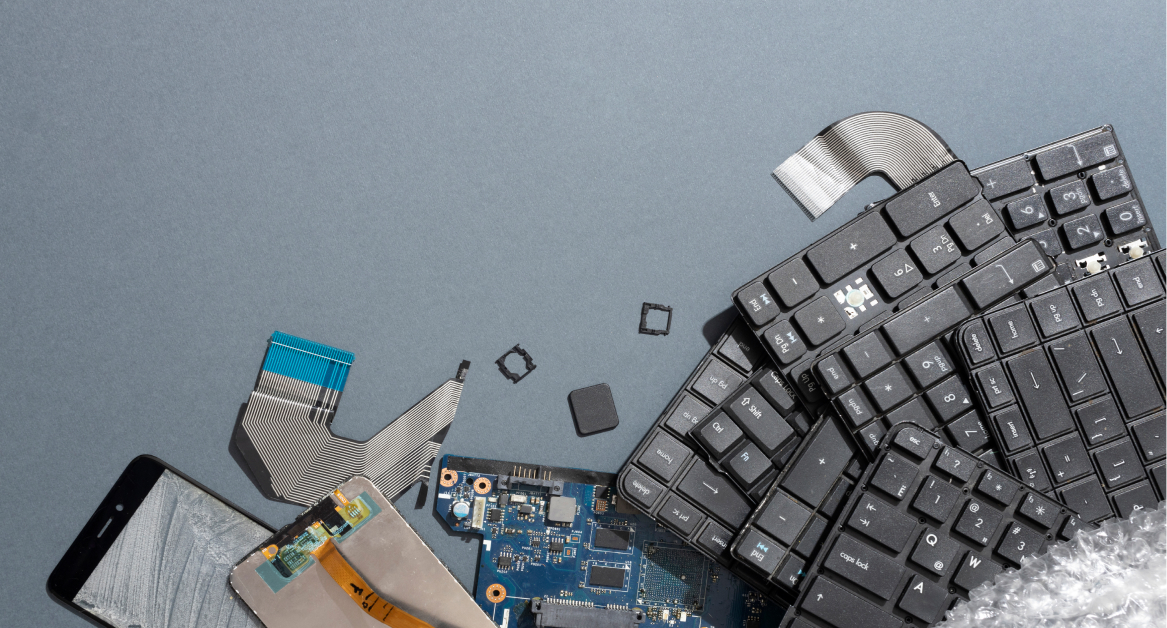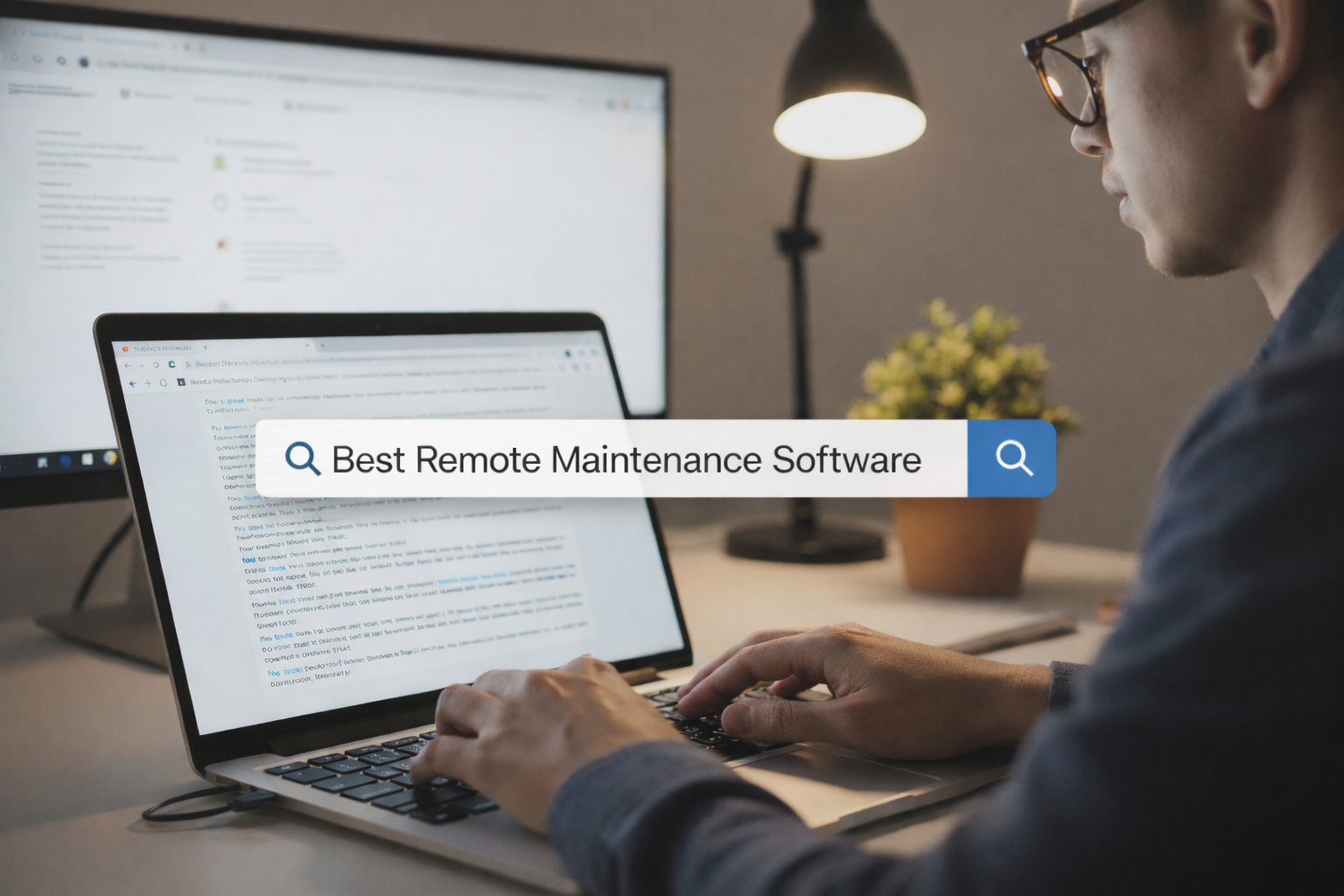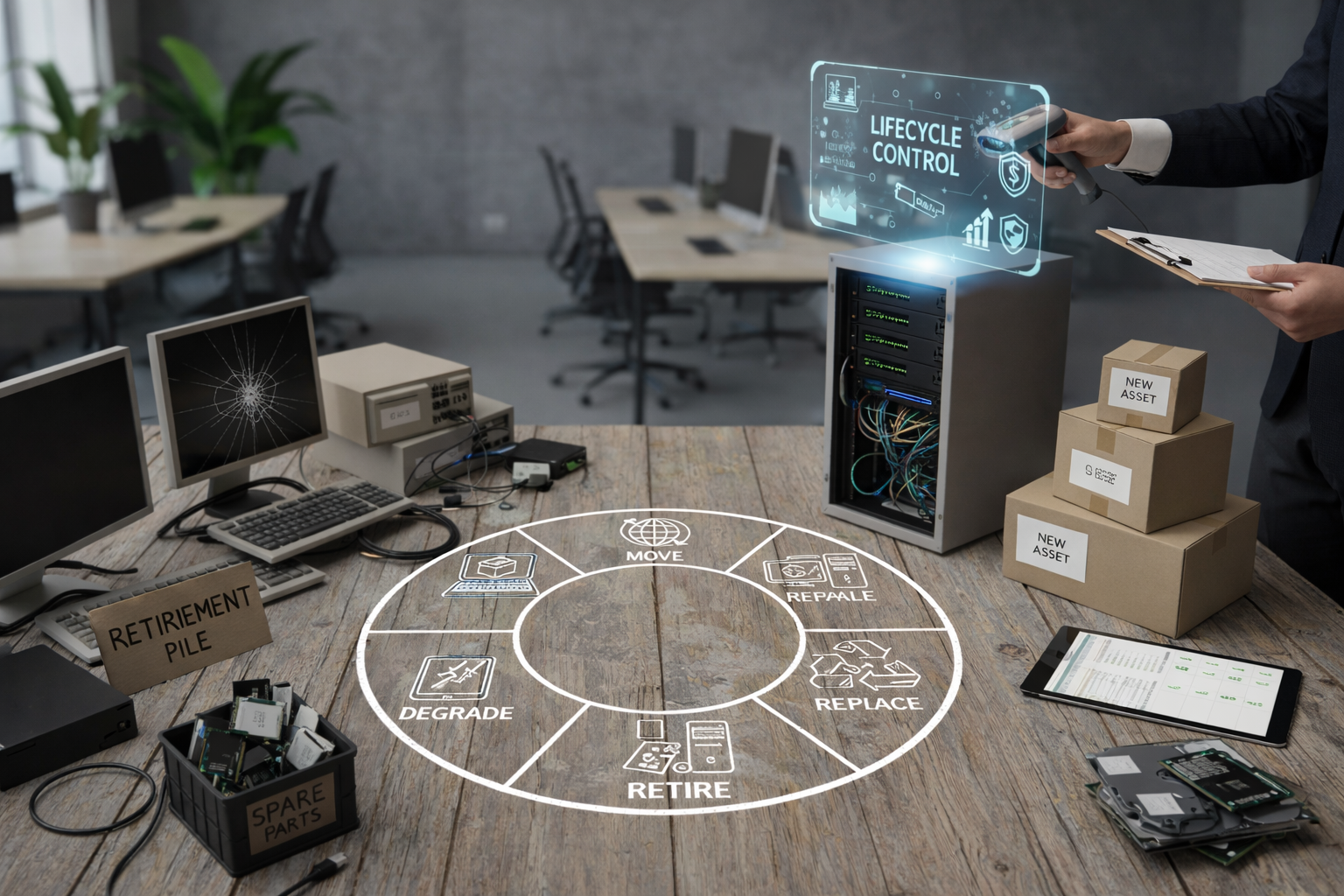We started Esevel on 7 April 2020, the same day that Singapore started its circuit breaker.
And purely through word-of-mouth, we got our first customers immediately after.
Why did we start a new business when others were focused on cost-cutting?
Were we crazy? Ballsy? There’s a bit of truth to both.
More more than anything, it’s because we believe in our mission.
We built Esevel to be a virtual facilities management platform that enables companies to care for their remote employees in the same way they care for their on-site staff.
And we believe that Covid19 has accelerated the need for this.
Covid19 has turbocharged the trend towards remote work
Remote work has always been a growing trend, but Covid19 has accelerated it by a decade.
Out of necessity, people who’ve never dreamt of working from home now call into Zoom in their sweatpants, their pets curled up against their feet, and their mug of coffee steaming by their side.
They’ve enjoyed it so much that eight in 10 employees in Singapore want to continue working form home, even after the circuit breaker.
Bosses who’ve always been suspicious of remote work now recognize that all that matters is getting the job done, not restricting people to 9-5 work schedules.
We heard Zillow’s Chief People Officer Dan Spaulding say “I don’t see those numbers ever going back to where they were. Our bias against working from home has been completely exploded.” Employees have stayed engaged while at home and the company was “not seeing any discernible drop in productivity”.
Even Sir Martin Sorell, a 75 year old advertising boss, says he has found working from home “energizing” and expected to bring a “permanent change” to his working practices.
He has already started ending leases at some sites. “I spend around 35 million pounds on property in a year. I’d much rather invest that in people than expensive offices.”
The new world of work is here. And it’s here to stay.
Why we believe that remote work is the future in Singapore
In Singapore, we’ve been on an unexpected 2-month country-wide experiment of work from home.
And here’s why we think remote work is here to stay:
- People are happier working from home.
Perhaps it’s being around to witness your baby’s first steps. Or the extra time to fit in a workout in the morning. Or it could be avoiding that soul-crushing commute on the MRT.
But 22% more remote workers report being happy in their jobs compared to on-site workers. And when surveyed, they said they’re likely to stay in their current jobs 13% more than on-site workers did.
How’s that for effective retention? - People are more productive when they work from home.
What happens when you eliminate the 84 minutes an average Singaporean spends on commuting to the office? It turns out they are prepared to spend more time on their work.
Remote workers said they work over 40 hours per week, 43% more than on-site workers do.
Part of this increase in productivity could also come from having a quieter environment where they can focus. - Companies save money
74% of CFOs plan to permanently shift some of their employees to remote work permanently.
And of these, nearly a quarter says they will move at least 20% of their on-site employees to permanent remote positions.
This is not surprising considering that it costs nearly $1500 per month to house a person in a CBD office compared to $50 per month to equip them to work from home with a virtual facilities management platform like Esevel. - People (and more importantly, clients and bosses!) have gotten used to it
Remember when you used to stress out about your boss hearing your kid cry on a conference call?
That disappeared once Covid started. All meetings went virtual, and you started to see your client’s and boss’ kids and pets make random appearances onscreen.
Covid has accelerated our understanding that life happens when people work from home.
And with rapidly evolving technology (thanks Zoom, Teams and Slack!), it is only going to get easier to work remotely. - It is better for the environment
When the risk of Covid diminishes (it will), the even bigger long-term risk of global warming will surface again.
Working from home is better for the environment. We’ve already seen the air get cleaner when peak hour traffic stopped during circuit breaker.
So it’s no surprise to hear this statistic – if every US office worker could work from home remotely at least 1/2 of the time, it could reduce gas emissions by more than 51 million metric tons a year.
What does this mean for companies
We believe there’s still an important place for the physical office space.
Some things are best done on-site with your colleagues – collaboration, creative brain-storming with your team, and socializing. Yes there’s even an important place in our lives for office banter and bad jokes!
However, we believe that this new world of work will also look very different.
For a start, many of us will start to spend 1-2 days in the office for collaborative work and the remaining 3-4 days at home for deep focused work.
This means we’ll be spending 60-80% of that time working from home. This also means we’ll need to be properly equipped to work effectively.
It’s clear that companies who do not adapt to the new world of work, and go remote-first will risk lagging behind:
- Remote-first companies will snag the best employees
Employees who look for flexibility and work-life balance (that’s 95% of us!) will apply to companies who are willing to accommodate remote work. - Remote-first companies can divert spending from rent to better purposes
Companies spend anywhere from 5-20% of their revenue on rent.
Now imagine if that is spent on people or in R&D to produce market-beating products. Talk about a smart way of spending money! - Remote-first companies will inherently be better managed
Remote work will separate mediocre managers from true leaders. It’ll no longer be sufficient to manage by proxy of office attendance.
Managers will have to get better at evaluating productivity from setting and monitoring specific goals. So a successful remote company will have to be inherently better managed.
Where do we come in
Esevel helps you get ready for this new world of work.
We are a virtual facilities management platform that enables you to care for your remote employees in the same way you care for your on-site staff.
From ergonomic sit stand desks and chairs, to computer screens, we provide and handle everything your remote team will need.
All on a flexible and low monthly subscription that includes delivery, maintenance, repairs and collections when an employee leaves.
We ensure you:
- Comply with regulations
- Are Cost-efficient
- Save time on on-boarding
Sign up for a free trial to see how we can help you.







